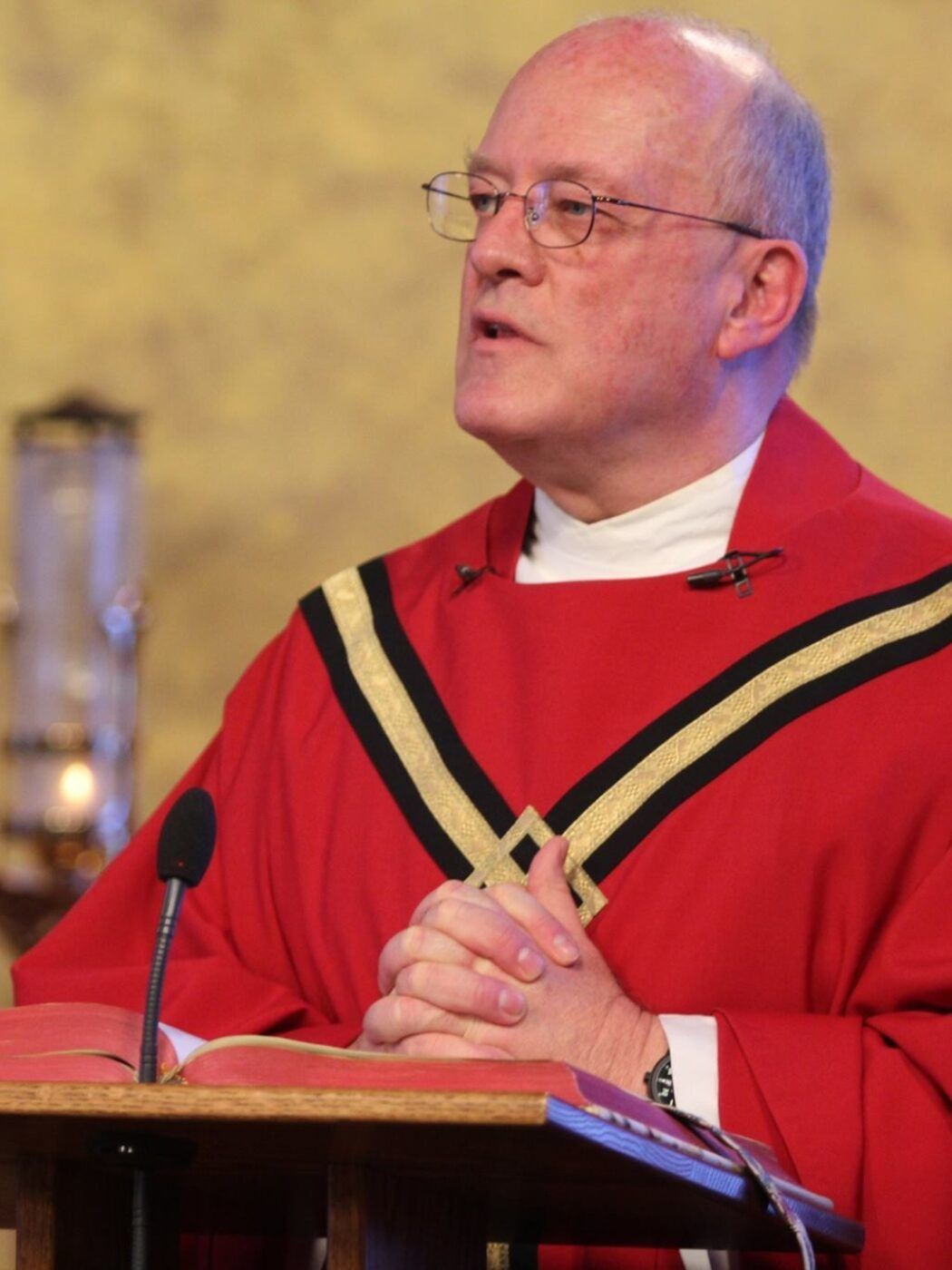Clarence Darrow, the famous defense attorney who lived about a century ago, defended people in several noteworthy trials in U.S. history. He was known to seek out cases in which the person accused was a “little guy,” someone who had almost no support or sympathy from anyone.
Although Darrow had a brilliant mind and was an inspiring orator, the strategy he often employed in court trials to tip the case in his favor, was a simple one. It was his feeling that if he could get the jury to put themselves in the place of the defendant, they would be much more likely to be sympathetic. He did his best to get them to see why the defendant was the person he or she was, and why he or she acted as they did. He believed that if the jury truly understood the person on trial, the result would be more favorable for his client. Many defense attorneys use that same strategy to this day.
We all want to be understood by the people we come in contact with. We know when we are misunderstood by others it can be incredibly frustrating and disappointing – sometimes even resulting in situations and relationships becoming messed up, wounded, and broken. Mutual understanding is one of the critical ways we build strong and healthy bonds with others. And so, it makes perfect sense that we would want others to try to put themselves in our shoes, to see things through our eyes, to know what it feels like to be me and to be you.
“For we do not have a high priest who is unable to sympathize with our weaknesses, but one who has been similarly tested in every way, . . .”
Those words from the Letter to the Hebrews, reminds us of a profound truth, one that probably slips our minds from time to time. The truth is this – our God is a God of profound understanding. God does not just know what our lives are like from viewing us from a distance. The reason God understands our journey, difficulties, struggles, and weaknesses is because God has walked the exact same journey in the person of Jesus. God knows what we go through because he has gone through it too. He knows our lives from experience, from facing many of the same ups and downs as we have – the joys and the sorrows, the good times and the challenges. And because of that reality – because of the Incarnation – there is a gentleness, compassion, and empathy that God continually pours out upon us that is infinitely far above that of even our best of friends. God does not just “sort of” understand us. God understands us in a perfect way – clearly, deeply, and completely.
Knowing that God understands each of us in such a deep manner is one of the things that can provide us with a great deal of hope – hope in a loving God who has put himself in our shoes, and who knows exactly why we act as we do. For that reason we can trust that God will never be unreasonable with us, or judge us harshly or unfairly – even when we stray far from him. God knows the temptations we face and knows how conflicted our motives can be at times.
God also understands something else about us, something that, in its own way, is quite profound. God does not just understand our weaknesses, faults, and challenges, God also knows just how much each of us is able to love.
“ . . . whoever wishes to be first among you will be the slave of all.”
Is Jesus asking too much of us in those words? While we may often struggle to love others even in small ways, God has a great deal more confidence in us than we may have in ourselves at times. God understands not just how weak we can be, but how kind, loving, and generous we can be too – despite the challenges of this life.
God knows that the laying down of our lives for others is precisely the doorway to the new life Jesus won for us. If we want to follow the Lord, if we want to be his disciples, we need to imitate him and pattern our lives after his as best we can – continually laying down our lives for others and rising with him to something new and beautiful.
God understands so much about each of us – everything really – everything from the temptations we struggle with, the difficulties we face, and even the motives behind the sins we commit – to just how giving, loving, and forgiving we can be. There is nothing God does not understand. And so, let us not just ask God to forgive us for the ways we have fallen short and failed in following him. Rather, let us be sure to invite him to help us to “be all that we can be,” to help us love in ways we might not even believe are possible. God understands. Do we?


